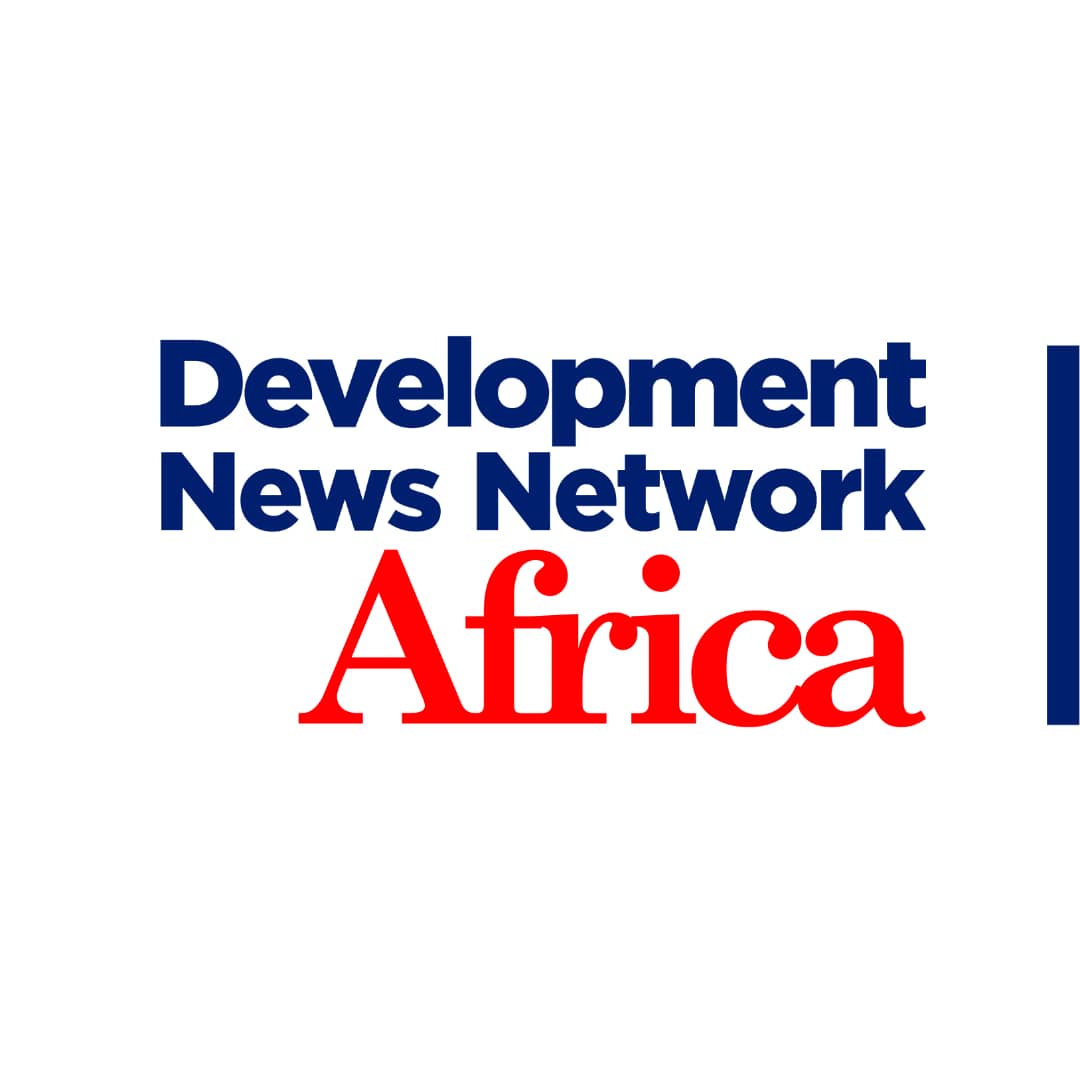Paradigm Initiative, a social enterprise said it is concerned with building an ICT-enabled support system and advocates digital rights in order to improve livelihoods for under-served youth, by promoting digital inclusion programs – such as the Life Skills. ICT. Financial Readiness. Entrepreneurship (LIFE) training program and Techtiary program – and a digital rights program, Magoyi. across our offices in Nigeria (Aba, Abuja, Ajegunle, Kano, Yaba), Malawi, Cameroon, and beyond.
At the beginning of 2017, Paradigm Initiative’s expansion plan revealed the major improvements made by the team.
In the Annual Report, Executive Director, Paradigm Initiative, Gbenga Sesan noted: “The expansion took us back to the drawing board. From the search for team members – with the right mix of relevant expertise, local knowledge and context appreciation – to teaming up with new partners and expanding our existing coalition, we were able to extend our digital rights work into the rest of Anglophone West Africa, East/Southern Africa and Francophone Africa.”
One of the major highlights of Paradigm Initiative is the digital inclusion reach within Nigeria, with the introduction of resident programs in secondary schools and tertiary institutions across the country.
The digital inclusion program expanded through the LIFE training program beyond the Aba, Ajegunle and Kano centres; into 5 secondary schools in Abia, Lagos and Kano state.
The LIFE@School program graduates are able to join their colleagues who benefit from the 10-week digital readiness program to start entrepreneurial activities or get internships/jobs early, based on new skills acquired.
In 2017, Paradigm Initiative trained 270 youth at the LIFE centres, 96 at various schools and 332 in digital readiness workshops.
The Techtiary program also added 5 tertiary institutions while the 2017 Techtiary Forum was attended by students from 27 tertiary institutions from five of Nigeria’s six zones.
The Techtiary Forum brought 170 undergraduates from 27 tertiary institutions across 5 geo-political zones. The One Million Naira Taiwo Bankole Prize was won by Oyinyechi Nmecha with her Extraclass.ng project.
In 2017, the Digital Rights and Freedom Bill was passed by the House of Representatives and a lot of work must go towards completing the legislative process and implementing the landmark positive rights legislation.
To end the year, Paradigm Initiative’s bi-lingual (English and French) Digital Rights in Africa report, featuring 21 countries across Central, East, North, Southern and West Africa, was launched on December 19 at the 2017 Internet Governance Forum in Geneva. Paradigm’s annual Internet Freedom Forum, which held in April 2017, was attended by stakeholders from 33 countries!
Further information from the annual report shows that protecting Digital Rights in Africa 2017 is quite an eventful year for the Digital Rights program as it is the year Paradigm Initiative commenced its expansion program to the rest of Africa.
Read More by downloading the Annual Report
The pan-African efforts were made for meaningful interventions in Ghana, Cameroon, DR Congo, Gambia, Sierra Leone and Liberia in addition to ongoing efforts in Nigeria.
Paradigm Initiative advocated against digital rights violations and for better and freer online space in several African countries.
These days, the enterprise is focusing on Francophone Africa and Southern & Eastern Africa respectively, and helping diversified advocacy efforts that were hitherto focused on Anglophone West Africa.
Paradigm Initiative released the first Africa-facing Policy brief “Upholding Digital Rights in Africa” in Q1 2017 and another, “Internet Freedom as the new Press Freedom: An African perspective” in Q3.
Regarding digital rights in Africa, there was a massive increase in publications of articles, reports, and press statements in 2017, thanks to the newly created communication unit of the organisation which supported and helped facilitate this.
The year also witnessed increased coalition activities with the expansion of the NetRightsNG coalition which is now NetRights Africa coalition and addressing issues affecting African countries. Also, there is an increased use of litigation inParadigm Initiative’s advocacy work.
The following cases featured prominently in 2018;
- PIN vs Ministry of Science and Technology, hearing adjourned due to counter-Affidavit filed by defendants
- PIN, EIE, MRA vs NASS on Cybercrime Bill Appeal was filed and the case has now been scheduled for hearing on March 3, 2018
- PIN vs NASS on the #NGOBill. Case was file and now scheduled for hearing onNovember 29and the case was heard and has now been adjourned to March 2018.
Looking forward, it is expected that there will be increased interventions and programme activities in other African countries as from 2018.
Given the ongoing conversations with local partners in Gambia for example, Paradigm would do a lot more around policy review and involvement in the ongoing constitution review process.
The same trend is envisaged to follow planned workshops in Liberia and Sierra Leone building on the prospects offered by the planned workshop and the NetRights Africa Coalition.
Share this


